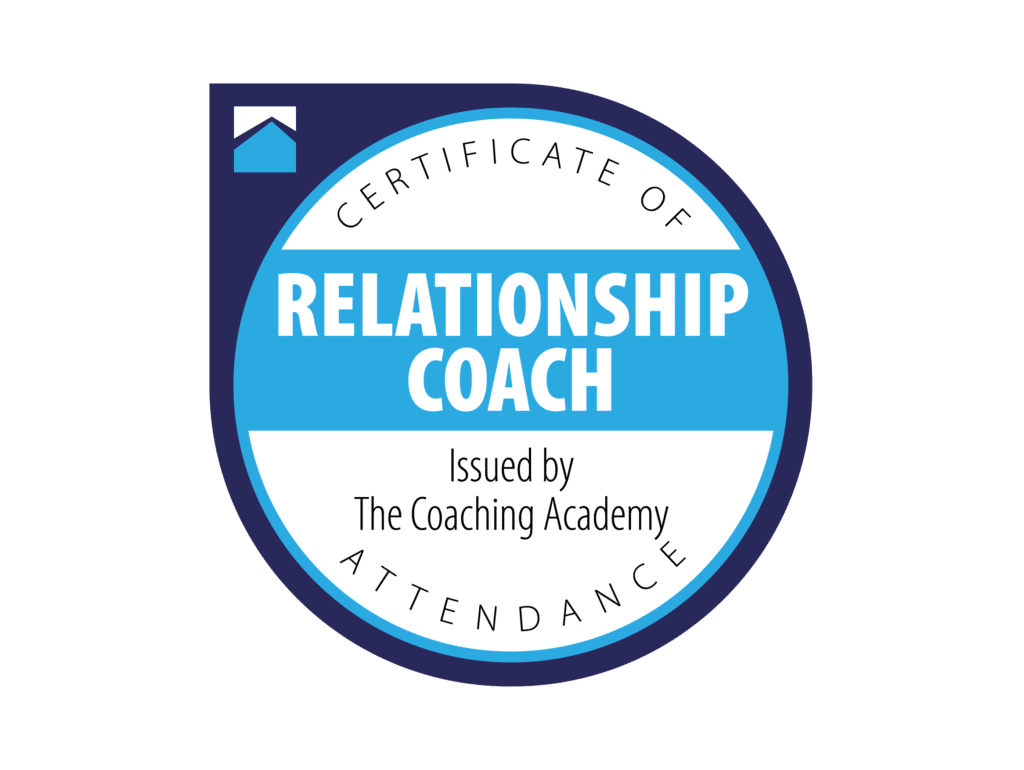Here I want to share something that comes up a lot in coaching – challenging conversations and how to navigate them.
With every client, relationships will come up. Whether it’s personal or professional, relationships are central to our lives. And so at some point in the coaching sessions, we consider this question ‘what is the conversation you need to have with person X’.
Coaching is about moving towards the positive, and there are few things that feel more positive than getting to grips with what you know you can control about a situation and doing something about it. And great conversations are one of these enablers.
Conversations can be motivated to resolve something negative or you might spot an opportunity and don’t want to miss out. Either way, the conversation is meant to move things forward, to resolve or diffuse conflict or to create further possibility for you and the other person.
Here are a few ways to support yourself to get more from the conversations you need to have.
First thing is to pinpoint what it is you need to talk about. So focus on what is the issue? What’s at the heart of the issue? Trying to tackle too many issues in one conversation can mean you end up on a sticky wicket. By that I mean too many issues confuse things, you forget what it is you’re talking about, emotions can become heightened.
So focus on what is the single issue you want to resolve today?
Then consider what you feel your position is on the issue, and what the other person’s might be. A lot of relationships flounder because we make assumptions. We make assumptions about what people are thinking, about what influenced their behaviour, about the intentions they had when they did or said something.
You need to make sure your thinking on the issue is clear, so ask yourself these questions:
do I know the thing i am assuming is 100% true?
What is the evidence for this?
What do you know contradtics this assumption?
and what could be the opposite of this assumption?
This way, you’re thinking more broadly about the person’s intentions and understanding your own assumptions and how they could be getting in the way of you finding resolution.
Then ask yourself, what do need to get from this – what is the one thing you need to leave this conversation with. As with all negotiation, it’s important you know what is your bottom line – Then, you know what else you are prepared to compromise on, to offer up as a compromise.
Preparing yourself for the conversation – you want to get yourself in the best frame of mind possible. Ask yourself what works for you as a way to prepare for a challenging conversation? Would breathing exercises help, a short walk, writing things down – whatever it is, being prepared mentally and emotionally for the conversation will mean you can manage yourself during the conversation more effectively.
And lastly understand what your triggers are in advance? In what ways can this person or conversation trigger a reaction in you? We are triggered by people when they shine a light on something that is unresolved within our own selves. Whether it’s their behaviour, or something they say there’s always some gold for us in these triggered moments. What could that trigger be telling you – what’s the gift of insight about yourself its giving you, what still needs to be worked on, that lies at the heart of the trigger? BE aware of it before you go into the conversation so you can anticipate any strong responses you may feel towards this person or this situation/conversation.
And then it comes to the conversation itself.
in Nancy Kline’s book Time to Think she writes about the power of listening – that when people know they will be heard without interruption it completely transforms the dynamic between two people or in a group and the quality of their thinking.
When i was doing work on understanding conflict during my divorce, I found this formula that has stayed with me ever since, i wanted to share with you if you have a difficult conversation ahead.
First you both need to have a chance to speak without interruption. It’s really important before you get onto solving things, putting process in place or agreeing a new way forward, that both people are allowed to express their emotions – how they feel about the thing you’re discussing. If you miss this step out, you’ll find yourself back in a conflict zone again.
Step 1 – someone speaks first. Decide if you need to agree on how long you both have to speak without interruption, depending on the nature of the relationship. Give each other 5-10 minutes to speak and share how you feel about the situation.
Step 2 – the other person has 5-10 minutes to say how they feel, again without interruption.
When you’re talking about how you feel, own your feelings. Try not to slip into ‘you make me feel’ or you always do this, but rather say when you do x, i feel hurt, or that i am not good enough.
Step 3 – now you have heard each other, you can start talking about what the possible solutions might be. Again, don’t interrupt each other, ask questions, reflect back what you’ve heard – the mind works best in the presence of a question so ask the other person questions that begin with ‘what’ and how’.
Step 4 – compromise – inevitably you are going to end up compromising. This goes back to my point about knowing what your bottom line is – what do you really need from the conversation as an outcome and what are you willing to compromise on.
It can also be useful to agree when you will check in with each other again to see how things stand now, after putting step 4 compromise into action. It gives you a chance to get on with life as normal but to know you both have the chance to check in and listen to each other again.
At times when you find yourself in a more positive situation – for example there’s an opportunity at work or in your business that you don’t want to miss out on, but you don’t know how to ask for it. What do you do?
At times like this it can be really helpful to ask – what would you need to see for me to get a promotion? You talked about there being opportunities here, what could i do to put myself in the frame for this?
If it gets heated, remember to take your time. Dampen your emotion to get balance again. We’ve all been in situations where we got stressed out by a conversation, blurted lots of things out and then regretted it. or where the other person remained quiet, and we filled the gap with noise, saying all sorts of things just to fill the silence and ending up making no sense. Try to avoid doing this – breathe, allow yourself the time a good conversation takes.
Afterwards, reflect on how it went? What got in the way if anything? Where did you give your power away, if at all? And do you need to have a further conversation to clarify things?
There have been many times in life where i felt intimidated and unable to have conversations. I know now that acknowledging the fear but having a well prepared conversation, where i was aware of my assumptions, aware of my triggers, where i listened to the other person and was also listened to, changed things for me.
The more you do this, the more you get used to it and the better it feels.




